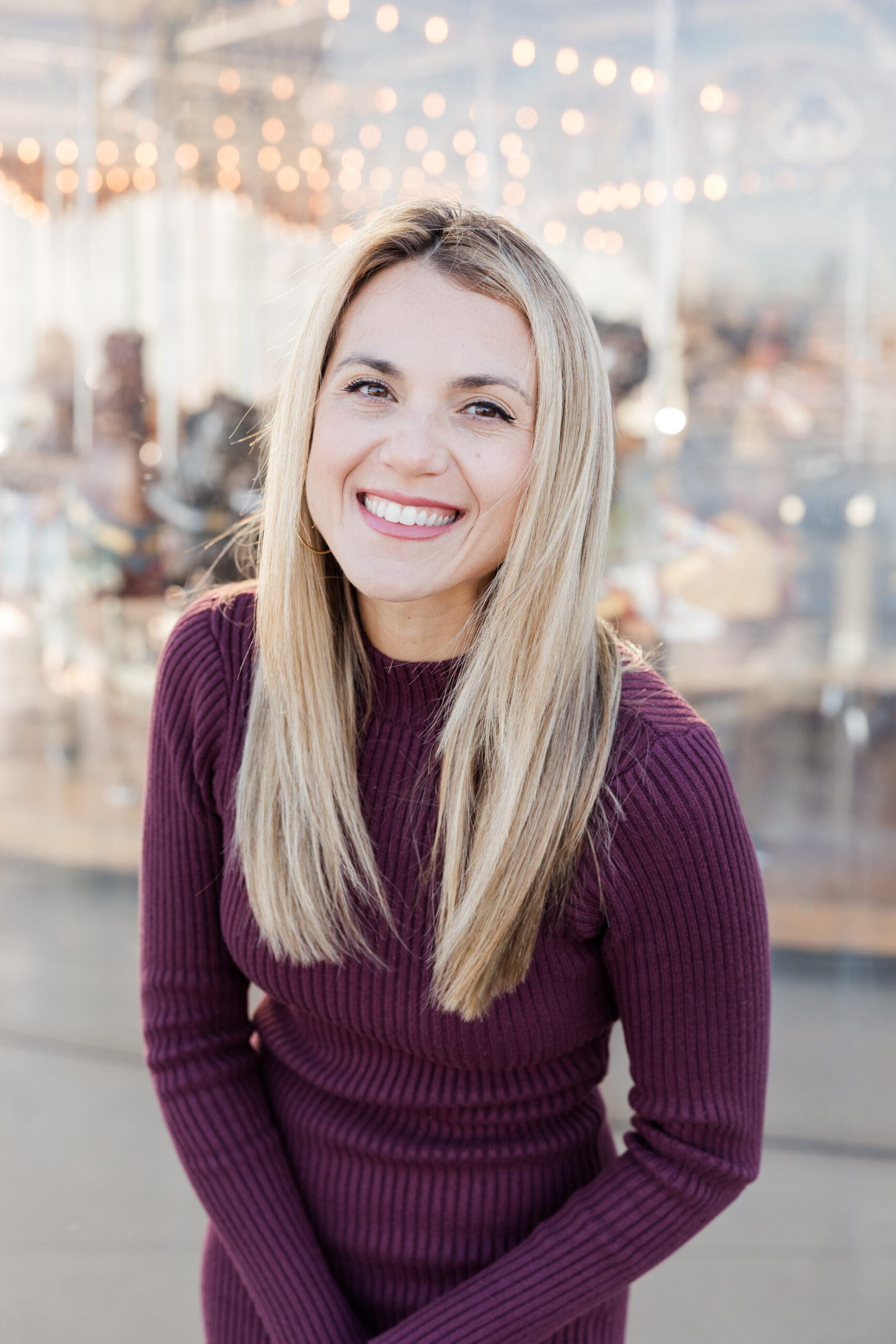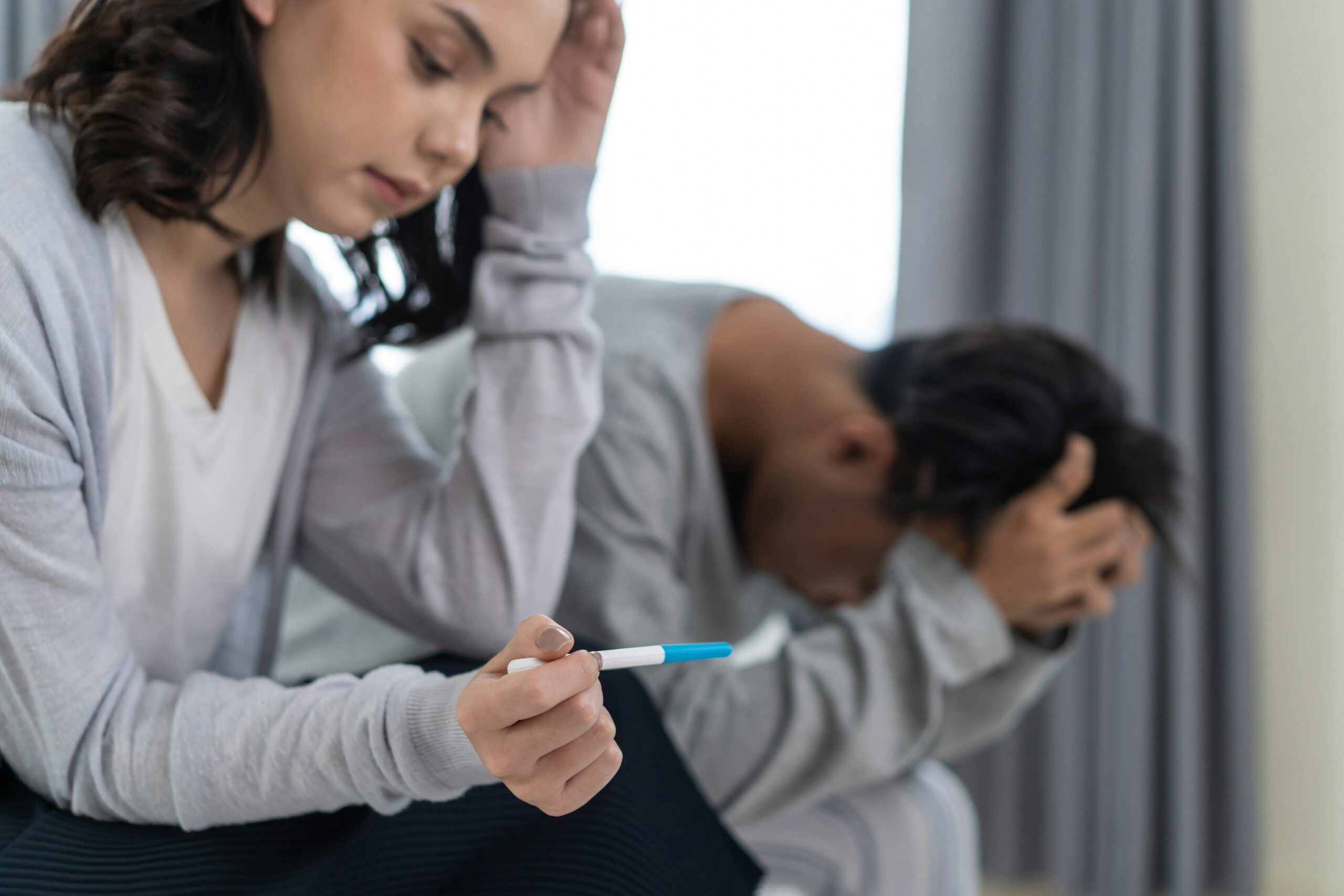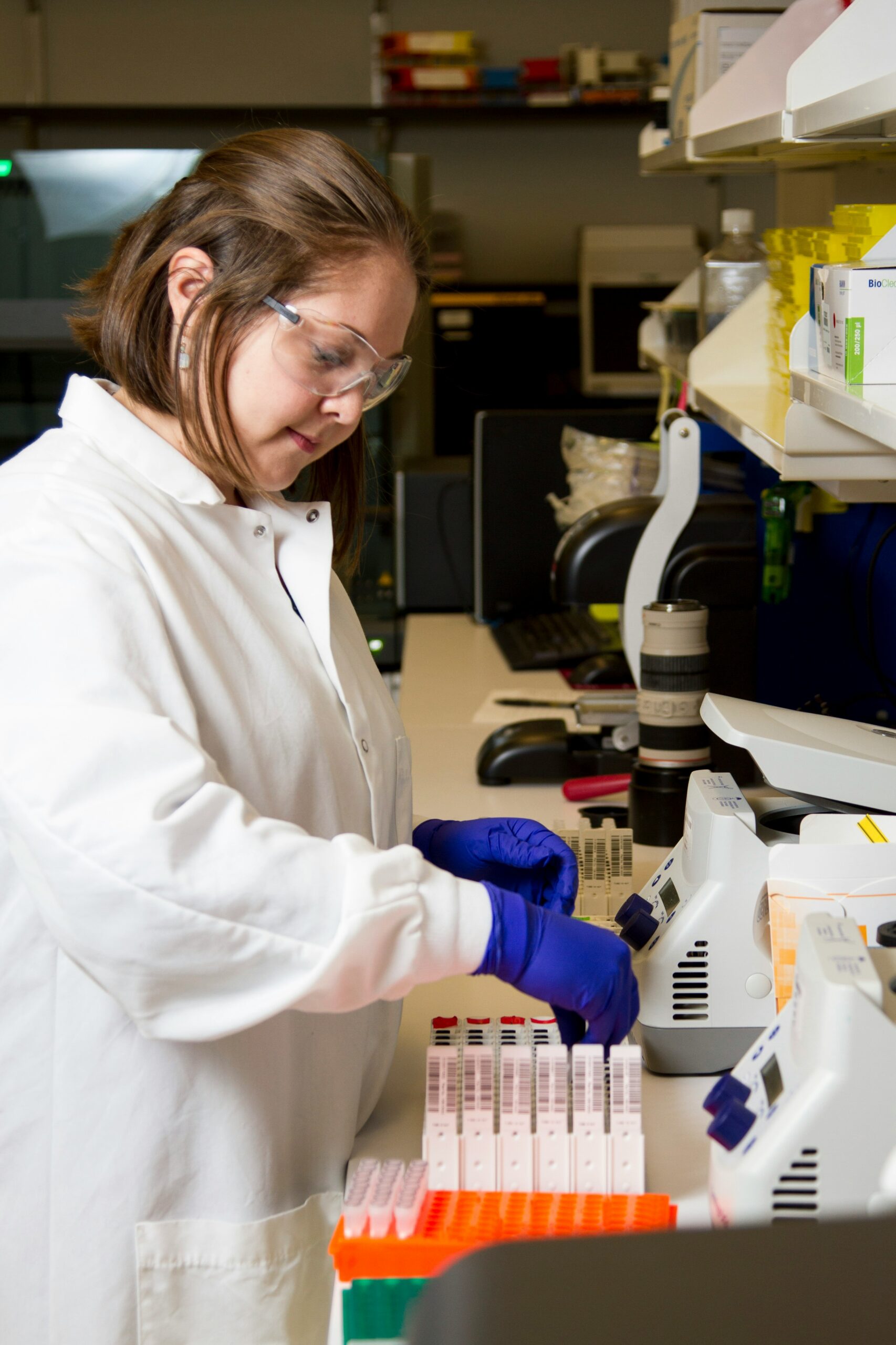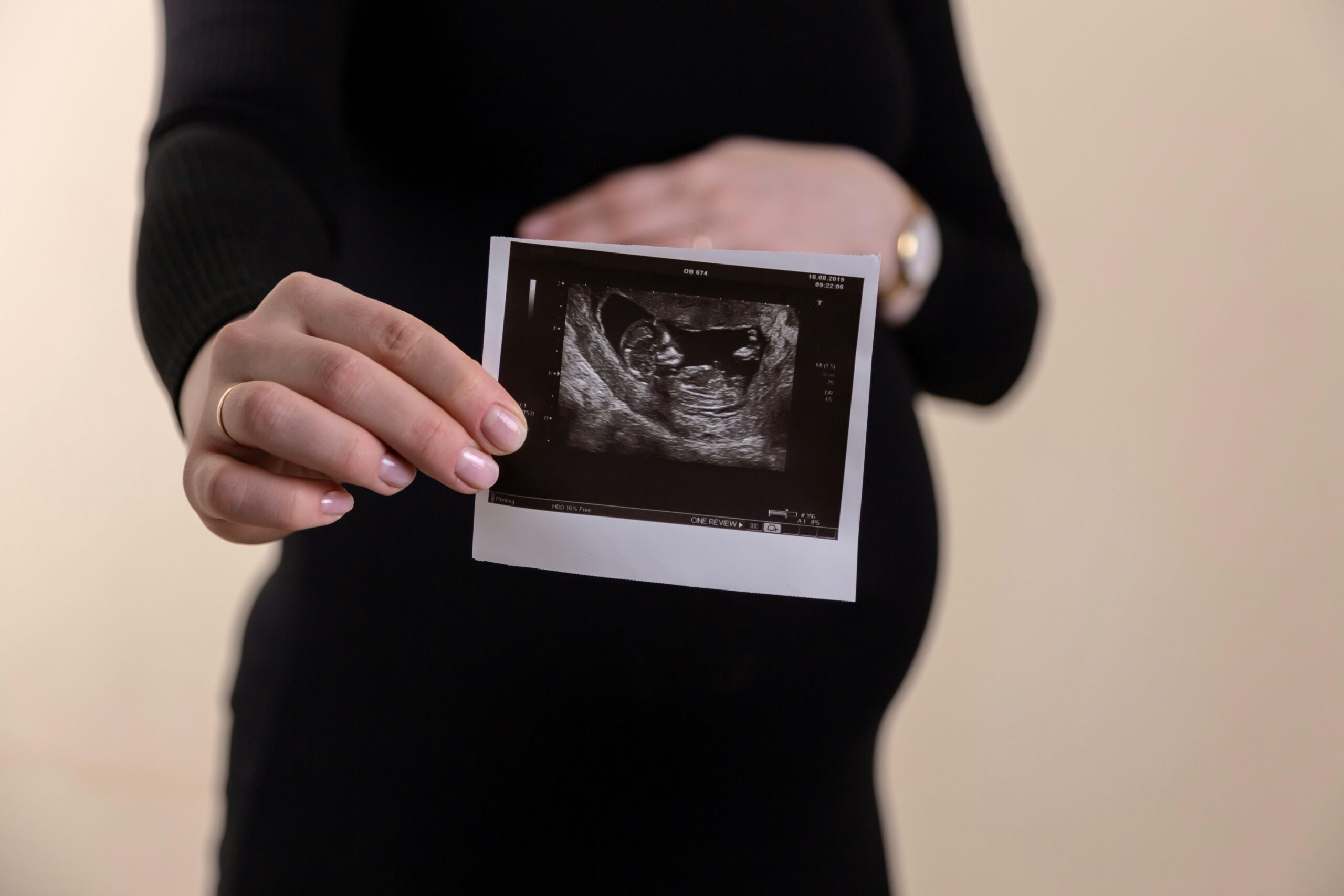Let’s be clear: if you’ve experienced pregnancy loss or spent months—or years—trying to conceive, you’ve likely Googled things you never imagined you would. You’ve read about progesterone, sperm motility, uterine lining thickness. You’ve stocked up on CoQ10 and prenatals. And now, you may be hearing about a new supplement: NAD+.
So… what is NAD? Is it legit? And more importantly: could it actually help?
We looked into the science, the anecdotal evidence, and the reasons why more and more women in the infertility community are whispering about this molecule with cautious hope. Here’s what you deserve to know.
First, what is NAD?
NAD stands for nicotinamide adenine dinucleotide—a molecule your body produces naturally and depends on for cellular energy, DNA repair, and mitochondrial function. Think of it like your body’s behind-the-scenes fixer: keeping cells healthy, energized, and functioning properly.
But NAD levels drop as we age—especially during times of stress, poor sleep, and hormonal shifts (sound familiar?). Some longevity experts believe that declining NAD levels may play a role in everything from aging skin to brain fog to—you guessed it—fertility challenges.
Why is everyone talking about NAD and fertility?
Let’s start with the ovaries. They age faster than any other organ in the human body. And as NAD declines, researchers believe it may impact egg quality and energy production, which are critical to conception and healthy embryo development.
Reproductive endocrinologists like Dr. Aimee Eyvazzadeh (a.k.a. “The Egg Whisperer”) have started to share anecdotal stories of patients who saw major improvements in egg count and embryo quality after starting NAD supplementation. Some fertility doctors even take NAD themselves. Yet, most OBs don’t bring it up. And you definitely won’t find it listed on a standard fertility clinic protocol.
Why not?
Because NAD can’t be patented by pharmaceutical companies. And that means very little money is being poured into large-scale clinical trials. Instead, women—especially those in the infertility and IVF communities—are driving this movement forward themselves. Reading studies. Talking to naturopaths. Asking the hard questions doctors don’t always have time (or incentive) to answer.
Can NAD help after pregnancy loss?
There’s no direct data linking NAD to miscarriage prevention. But here’s what we do know: NAD supports mitochondrial function and DNA integrity—two things essential to egg quality and embryo development.
If you’re someone who’s experienced recurrent loss, especially losses without clear explanation, it’s not unreasonable to explore potential egg quality support as part of your protocol.
That said, NAD isn’t a cure-all. It won’t unblock tubes. It won’t override severe male factor issues. It’s also not currently recommended during pregnancy due to limited safety data—though some providers support using it through the first heartbeat scan.
So if you’re considering NAD, it should be part of a thoughtful conversation with your provider—not a last-ditch effort out of desperation. You deserve more than blind experimentation. You deserve informed care.
How do people take NAD?
NAD can be taken orally as a supplement (usually in the form of nicotinamide riboside or NMN), or delivered through IV infusions. Some med spas offer monthly “NAD drips” promising benefits for energy, cognition, and cellular repair. Others sell it in capsule form.
Dr. Aimee recommends working up to 1,000 mg/day orally, though it’s best to start slow and monitor for side effects like headaches or nausea. You can also support NAD levels naturally through high-quality sleep, exercise, and a nutrient-dense diet.
Important note: Not all NAD supplements are created equal. Look for clinically studied forms, and always consult your doctor before adding anything to your regimen—especially if you’re preparing for IVF, medicated cycles, or egg freezing.
Why does this matter for the miscarriage community?
Because this is what it means to advocate for your body after loss. It means wading through grief and science and side effects. It means saying, “I want to understand what’s going on in my body—and what might help me carry a healthy pregnancy again.”
It’s not about hope as a strategy. It’s about hope rooted in research, in community, in being fully informed.
You shouldn’t have to find this information on TikTok. You shouldn’t have to crowdsource your care plan. But until fertility care becomes more holistic and less reactive, we’ll keep talking about what’s out there—together.
Bottom line: NAD might help. It might not. But if you’re navigating infertility or loss and feel called to explore this supplement, you deserve answers. You deserve options. You deserve providers who take your questions seriously.
You’re not alone. And you’re not crazy for wanting to try everything, especially after everything you’ve already been through.
Author
-

Jenn Sinrich is the co-founder of Mila & Jo Media, an award-winning journalist and mom to Mila and Leo. She's also on-track to become a bereavement and postpartum doula to help women, like her, who've experienced pregnancy loss. She's a Peloton-tread addict who loves to cook and spend time with her friends and family. A Boston-native, she has always loved the Big Apple, which she called her home for close to a decade.
View all posts





